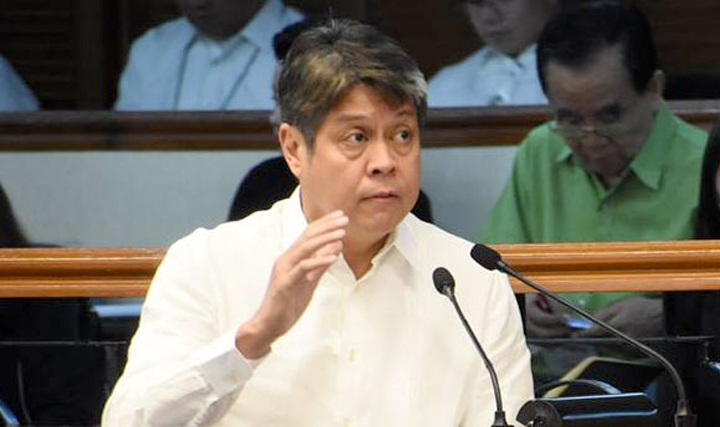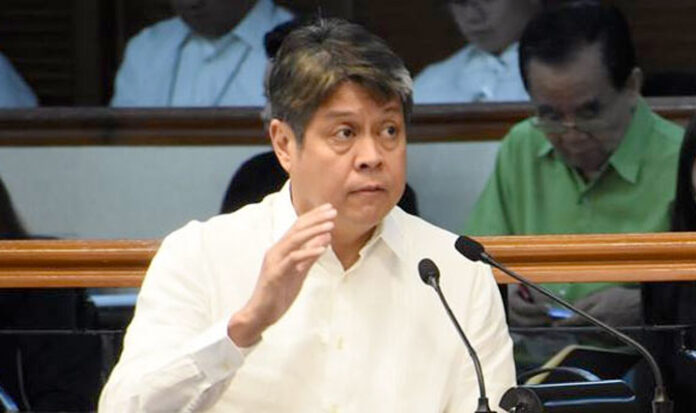
Malacañang Executive Order 135 imposing lower rice tariffs adds a “further burden” on the back of Filipino farmers, an opposition Senator said on Monday.
Senator Francis Pangilinan protested the Palace order in a statement, warning that “lowering rice tariffs now might break the back of the Filipino rice farmers and the Philippine rice industry.”
He deplored the “double whammy” inflicted on local rice farmers already reeling from the unabated entry of imported rice in the local market. “Our rice farmers are gonna get hit again. They’ve collapsed from the series of arrivals of imported rice,” Pangilinan said, adding: “They reeled even more from the pandemic. Now, it seems they’re going to be buried with the report of lower tariffs.”
Pangilinan issued a statement following issuance of Malacañang’s Executive Order 135 “lowering rice tariffs from 50 and 40 percent for in-quota and out-quota respectively to 35 percent for imports coming from so-called Most Favored Nations, particularly, India, Pakistan, and China.”
He noted that EO 135 has not been published, adding he has yet to see a copy of the executive order. When he made the statement, it had not yet been published, but is coming out Tuesday, March 18.
“Why should we lower rice tariffs when our economic managers themselves said, during our hearings on pork prices, that the supply of rice is steady?” Pangilinan wondered aloud, and said as rice farmers have been calling him up asking for intervention this executive action.
“Like what happened to our local hog raisers in the case of pork import tariffs, didn’t this issue affecting our farmers not go through consultations again?” he asked.
The senator recalled that during his stint as presidential adviser on food security in the Aquino administration, they lowered rice inflation from 14.4 percent in 2014 to 0.10 percent in July 2015. He noted reports that rice inflation has been low for the past seven months: October 2020, -0.5 percent; November 2020, -0.1 percent; December 2020, 0.1 percent; January 2021, 0.1 percent; February 2021, 0.5 percent; March 2021, 0.9 percent; and April 2021, -0.3 percent.
“That’s a double whammy for our palay farmers. The RCEF [Rice Competitiveness Enhancement Fund] proceeds that should go to them will be reduced [as a result of lower tariffs] and at the same time, they will have more market rivals. That’s tough,” the lawmaker lamented.
Pangilinan claimed he was “also able to save the government P6 billion in public funds” when he made the rice importation process “transparent, accountable, and competitive.”
Pointing to a bigger problem with the continuing liberalization of food and agricultural products, the senator said the backlash is likely to hit local traders. “Our rice sufficiency level dropped from 95 percent in 2017 to 79.8 percent in 2019. We don’t have the figures for 2020 yet,” he added.
Pangilinan indicated he is “looking to file” a joint resolution to withdraw Palace Executive Order 135 amid questions on the power of the President to lower tariffs two days before Congress resumes session.
Read full article on BusinessMirror

